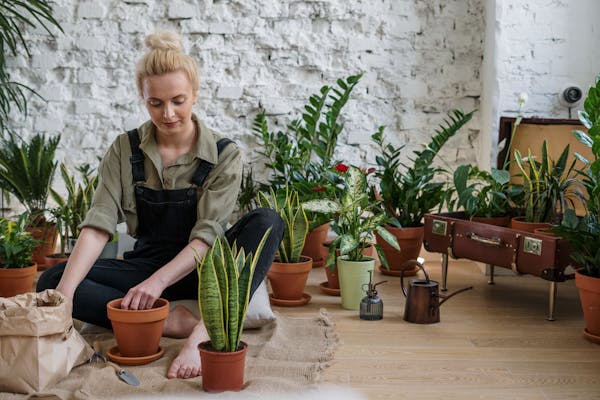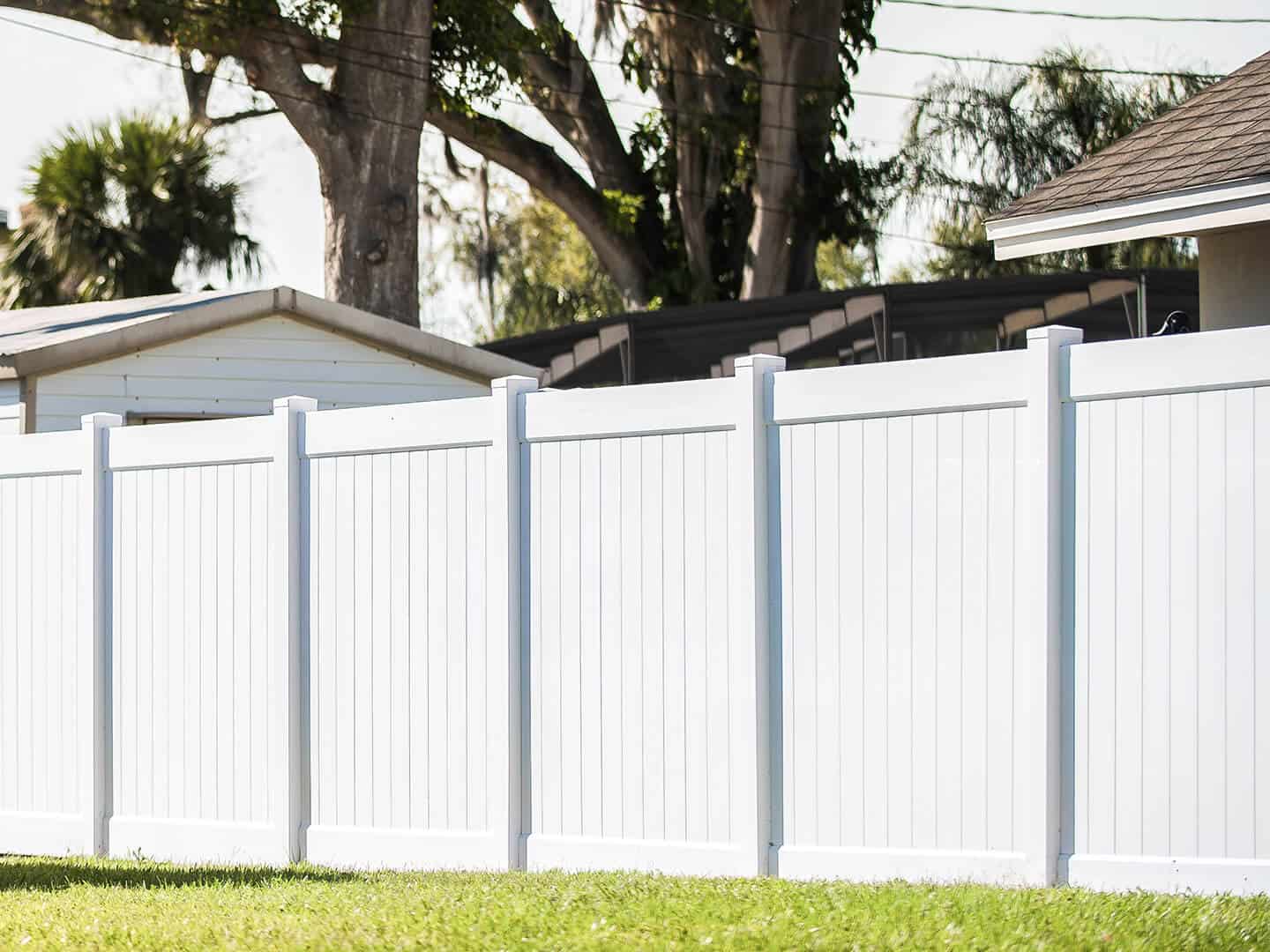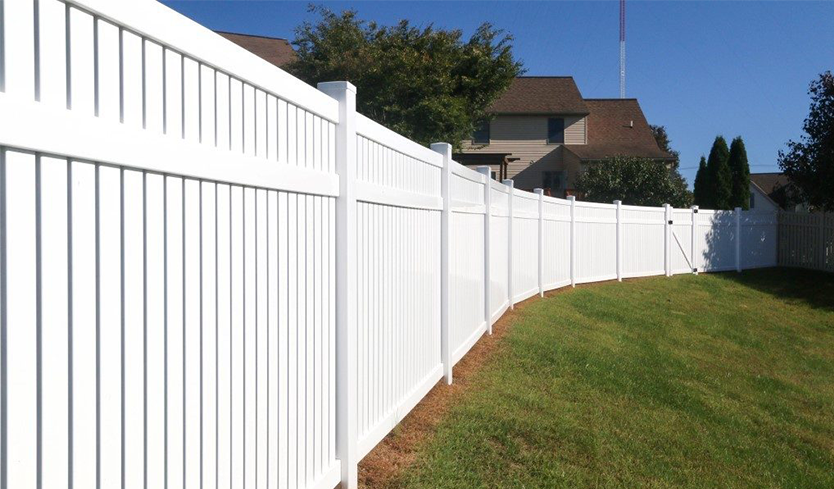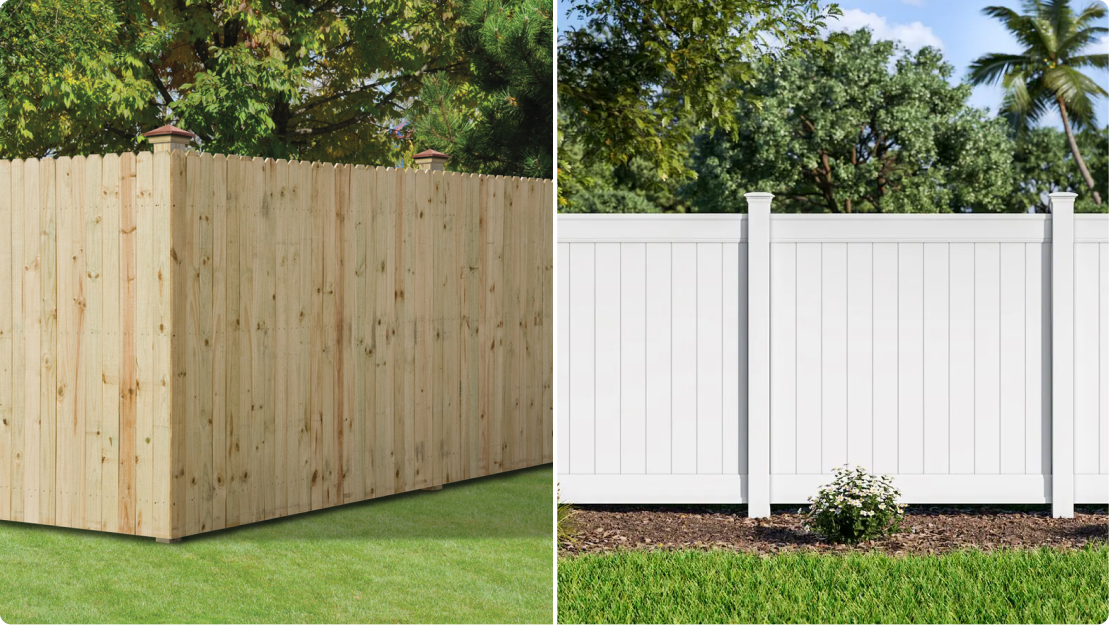Why gardening offers a ‘psychological lifeline’ in times of crisis
We sow a initial flat of seeds we gently rake particles from a bed to make way for a winter aconite or snowdrop to poke as a result of and cheer us. And so it commences, yet again.
I was reminded not long ago to check out for the garden’s intangible but transformative yields when I read Dr. Sue Stuart-Smith’s acclaimed 2020 book, “The Well-Gardened Thoughts: The Restorative Power of Character.”
“Gardening can be recognized as a form of area-time medication,” writes Stuart-Smith, a psychiatrist based mostly in England who produced the Barn Yard, in Hertfordshire, with her husband, Tom Stuart-Smith, a landscape designer.
Her sweeping e-book is loaded with the science driving these kinds of assertions, but also informed and enlivened by literature, which she studied at the College of Cambridge ahead of turning to drugs.
Stuart-Smith normally takes us along as she witnesses gardening’s therapeutic consequences on jail inmates and troopers with publish-traumatic worry condition engaged in horticultural packages, and on sufferers who are grieving and have depression.
Above and in excess of all over again, she reminds us of the long lasting imprints of our hunter-gatherer heritage. “We dwell with our evolutionary earlier, or relatively it life as a result of us,” Stuart-Smith writes.
At to start with, gardening may well feel like “outdoor housework,” as it did to her at a more youthful age.
But no: “If you are not a gardener, it may perhaps look weird to assume that scrabbling about in the soil can be a source of existential meaning,” she writes, “but gardening offers increase to its individual philosophy, and it is one that gets labored out in the flower beds.”
In the back garden, we can grow hope.
This conversation with Stuart-Smith was edited and condensed for clarity.
Q: It’s seed-commencing time. You create that “gardening is about placing existence in motion,” and that seeds “help us re-make the environment anew.”
A: For me, the magic of seeds is genuinely crucial. It is one of the things that hooked me into gardening.
Q: You never get above it, do you?
A: There’s often an ingredient of enjoyment. I in no way get it for granted. Seeds are this sort of little things, but they are packed with daily life. Feel of the size of the sunflower seed and review it to a absolutely developed sunflower plant. The transformation is phenomenal.
It’s no accident that at the commencing of the pandemic, there was a operate on seeds. Gardening grounds us and presents us a little something to look ahead to. In periods of disaster, these simple traits can present a psychological lifeline.
Q: Seeds have all their necessary genetic coding.
A: Unquestionably. We unlock that by watering and nurturing them. Gardening is an accessible sort of creative imagination and makes it possible for us to provide anything new into the globe. 1 effective illustration has to be the gardens created by troopers in the trenches through Globe War I. In that appalling landscape of dying and destruction, they grew vibrant flowers from seed, and their magnificence assisted them maintain on to an alternative fact.
Or for the prisoners I interviewed at the GreenHouse project on Rikers Island in New York: Working with nature’s powers of advancement and transformation aided them feel in their personal capacity to adjust their life.
Q: In my 20s, I experienced to care for my widowed mom, who was sick. I found out gardening and reduce down the privet hedge, because I study you could rejuvenate it. And, speaking of optimism, I commenced about 4 million seeds. What introduced you to the backyard?
A: Like you, I dropped a dad or mum in my early 20s, when my father died. Gardening was not my instant reaction, but I identified great solace in the pure world. I started out gardening about seven years later, immediately after I married.
My husband was just embarking on his occupation in garden style and design. When our youngest youngster was starting faculty, I became fascinated in growing culinary and medicinal herbs. I experienced a tiny herb backyard garden in close proximity to the children’s sand pit and Wendy house. They would be chaotic taking part in and I’d be hectic gardening, so I wasn’t hovering around them. We had been alongside each individual other. I do consider of gardening as a kind of perform — in an adult way.
I got into rising vegetables. Gardening is these types of a robust expression of nurturing, and I appreciate cooking. The benefits of expanding make were actually critical. I do expand bouquets, but the ones I appreciate very best are the types you can bring into the property. For me, it is about nourishment, both bodily and psychological.
And the sensation of putting down roots was very reparative. Obtaining misplaced my father, it served me enormously to feel that I could make my own house and have my have young children.
Q: You generate about powerlessness — that gardening teaches us we’re hardly ever genuinely in regulate.
A: There is a paradox here: Gardening is empowering, and it’s also disempowering. It feels enormously empowering to harvest your personal pumpkins and share your delectable tomatoes. You know you have created anything excellent occur, and you can share the enjoyment and the nourishment.
I see gardening as a coming alongside one another of human creative electrical power and nature’s creative strength. This can make it additional accessible than other creative, therapeutic routines.
Understanding to paint, you start out with a blank canvas — it is all down to you. In the garden, we are facilitating a creative system, and we can sense a excellent sense of accomplishment when it goes well, though seriously mother nature has carried out most of it.
As aspect of that, we have to settle for that we’re not entirely in handle, possibly. There are instances of true despondency, when factors go terribly improper — when you explore your important lettuces have been eaten by rabbits.
Persons tend to see gardening as a passion — an activity — but I feel it is principally a partnership. Several gardeners discuss of the great importance of experience part of a little something greater than on their own. This is wherever the further existential encounters in the yard come from, this experience of staying portion of the website of lifestyle.
Q: I’m with you. And it is a reciprocal relationship, you compose.
A: To be a gardener, you have to have to tune in to how the crops are undertaking and go to to what they will need. Lots of gardeners also testify to a sensation of obtaining some thing in return — of getting gifted, just about, no matter whether through elegance or the food stuff they harvest.
Some of the items I celebrate most are the incidental matters — the once-a-year bouquets that crop up, that have sown on their own. When I backyard garden, I have a feeling of reciprocity: I do a bit, and then character does her bit, and then I react. There’s a sensation of to and fro.
This a lot more symbiotic form of partnership — responding to and doing work with character, fairly than managing or exploiting it — is what we will need to change to collectively. So it will become less about only having what we want from the back garden and more about a way of gardening that is effective for nature in the broader feeling, through improving biodiversity and caring for the soil.
Q: There’s that Zen expression, “Chop wood, have water.” When you’re carrying out a little something, be in the minute. Like weeding: It’s repetitive, but meditative.
A: Completely. Those rhythmical, conscious pursuits that engage your fingers are very replenishing, a kind of meditation. There are other ways you can experience this it is not exclusive to the backyard. But performing with nature’s innovative energies is unique to gardening.
Individuals typically describe getting rid of by themselves in the garden. Therapeutically, this is significant. When the ego falls away and we are at a person with a task, we practical experience a perception of internal relaxed. For folks who are frustrated or having difficulties with anxious or destructive feelings, that switching off the dialogue in their head can be extremely, really valuable.
Q: “The yard provides you a protected actual physical place,” you write, “which will help raise your perception of psychological space.” You mention gardeners losing by themselves in stream states.
A: I feel weeding can be an effective way of coming into into a move condition. The immersive top quality of gardening will help pull us into the current minute. It can be a variety of mindfulness which has perfectly-identified anti-tension effects.
Although gardening delivers us into the current, it also has an intrinsic potential orientation. The sense of positive anticipation we can sense in doing the job with the all-natural progress pressure delivers with it a perception of objective and commitment. There are quite a few occasions when this can be incredibly practical. I sometimes come to feel the garden pulls me in and will get me heading.
The way we working experience time through the back garden is central to its therapeutic outcomes. Rather like the paradox of empowering and disempowering, gardening places us in touch with the transience of everyday living, but it also permits us to experience the continuity of lifestyle. This can be enormously consoling for individuals recovering from trauma and reduction.
Q: I only 50 percent-joke that my most loved spot is the compost heap, that eternal life dimension.
A: I estimate Stanley Kunitz, the poet, in the book about that. As a youthful male, he labored on a farm, and figured out that “death is absolutely crucial for the survival of lifetime by itself on the earth.”
I found that compost held excellent symbolic significance for some prisoners I interviewed. The way that waste make can create something so nutritious, if you allow it do its matter, is a powerful metaphor. It delivers with it a perception of prospective and the risk of transformation toward new existence.
Q: I learned in your guide that Sigmund Freud beloved flowers.
A: He was also anything of an amateur botanist. He drew awareness to the simple fact that flowers have neither conflicts nor feelings. Considerably of the peacefulness we can encounter in the existence of vegetation derives from this good quality.
In contrast, human relating is elaborate and demanding. Vegetation never have thoughts about us, and they can not choose us. The value of this arrived across extremely strongly in interviews with the prisoners, who discovered respite from feelings of shame when tending plants.
Freud, like so quite a few of us, liked bouquets above all for their elegance. It is significant not to overlook the therapeutic ability of elegance. Elegance is a kind of emotional nourishment. Exploration shows how powerfully it activates the psychological facilities deep in the brain.
This impact is not distinctive to the back garden, but a garden can offer you us a concentrated dose of natural attractiveness.
Q: But we will have to enable it in.
A: One particular of the points I’m genuinely eager on is retaining a stability in the garden amongst accomplishing, on the one particular hand, and being, on the other. I went through a phase of practically relentlessly doing, right up until one day I recognized I was usually going out and seeking for work opportunities — hunting for hassle, nearly. In which were being the weeds?
I think it can be tough for gardeners to set down their resources and sit quietly, to just let themselves be in mother nature.
Q: The backyard garden supports “attention restoration,” you create.
A: You just can’t be in a backyard with out currently being immersed in nature, and green character is cognitively replenishing. Just one research compared pupils strolling in an arboretum with students going for walks down a highway. Individuals who had invested time in mother nature done substantially greater on subsequent checks. This is not astonishing, if you imagine about our hunter-gatherer heritage: Our brain developed in the context of the all-natural planet.
Q: The backyard, and character, can clearly show us the way.
A: It can do, completely, if we are open to it. I feel some folks uncover that very tricky, and gardening can be quite overwhelming as a novice. It’s why I constantly stimulate men and women to start out with points that are uncomplicated to grow.
Q: Not asparagus from seed, probably, like you did? That is bold.
A: Indeed, it in all probability was. But I figured I experienced very little to lose. We were being location out on building a backyard and didn’t have much money. We experienced time we ended up younger. I imagined, “Why not? Let us see.”
We’ve had to replenish the asparagus beds far more a short while ago and purchased crowns. But rising our initial asparagus from seed was pretty gratifying. So much of gardening is about delayed gratification, and with asparagus, it is a very long wait around.
Q: Discovering endurance.
A: Finding out persistence — and discovering that when things go mistaken, it’s not a catastrophe. Something will generally go proper in the backyard garden. Some matters will occur good.








